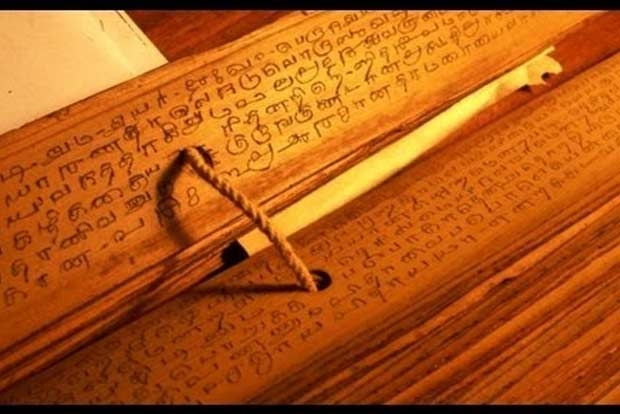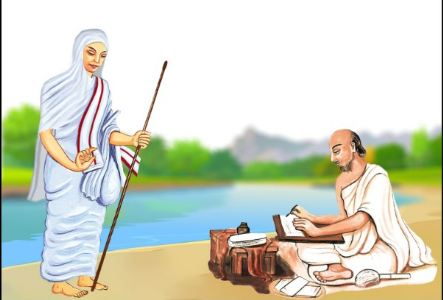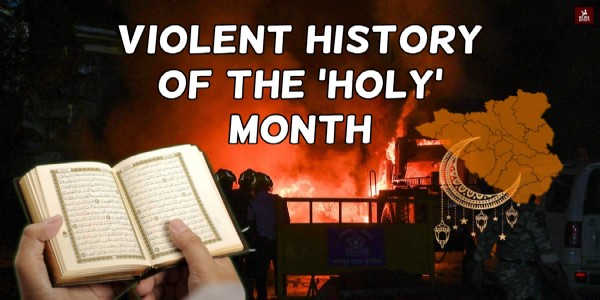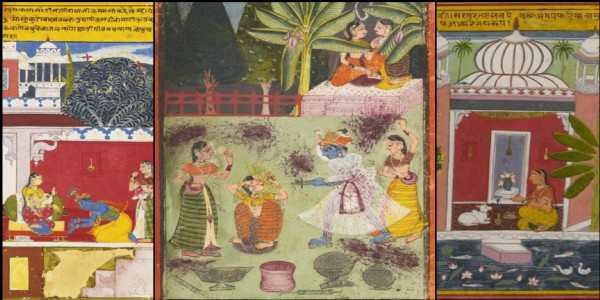Major! UGC to promote academic study of 'manuscriptology' and ancient script
UGC Chairperson M. Jagadesh Kumar stated that preserving Indian manuscripts "sustains and enhances" the country’s diversity and contributes to a deeper understanding of its heritage, reflecting centuries-old knowledge, thoughts, beliefs, and practices of the past.
Total Views | 266
In an attempt to promote the rich 'Indian heritage,' the University Grants Commission has formed a special panel which would develop model syllabus for courses in 'manuscriptology' and 'paleography' in various colleges and universities across the country.

Terminologically, 'manuscriptology' means the study of history and literature through the use of handwritten documents, while 'palaeography' is the study of ancient writing systems or inscriptions in the classical and medieval periods.
An eleven-member panel has been formed, headed by Prafulla Mishra, former Director of the National Mission for Manuscripts. This will consist of prominent members including Malhar Kulkarni, professor at IIT-Mumbai; Vasant Bhatt, Former Director of the School of Languages, Gujarat University; and Jatindra Mohan Mishra, professor of Sanskrit at NCERT.
UGC Chairperson M. Jagadesh Kumar stated that preserving Indian manuscripts "sustains and enhances" the country’s diversity and contributes to a deeper understanding of its heritage, reflecting centuries-old knowledge, thoughts, beliefs, and practices of the past.
"These manuscripts provide invaluable insights into the history, intellectual contributions, and traditions of India. We must support Indian manuscriptology for its potential to safeguard cultural treasures, foster academic research, and inspire future generations,” he added.
Currently, India's National Mission for Manuscripts (NMM) has an estimated 10 million manuscripts in 80 ancient scripts, which are written on materials such as palm leaf, paper, cloth, and bark. Out of this, 75% of the manuscripts are in Sanskrit, and 25% are in regional languages.
.
.
Bharati Web







